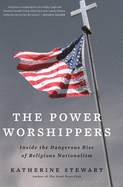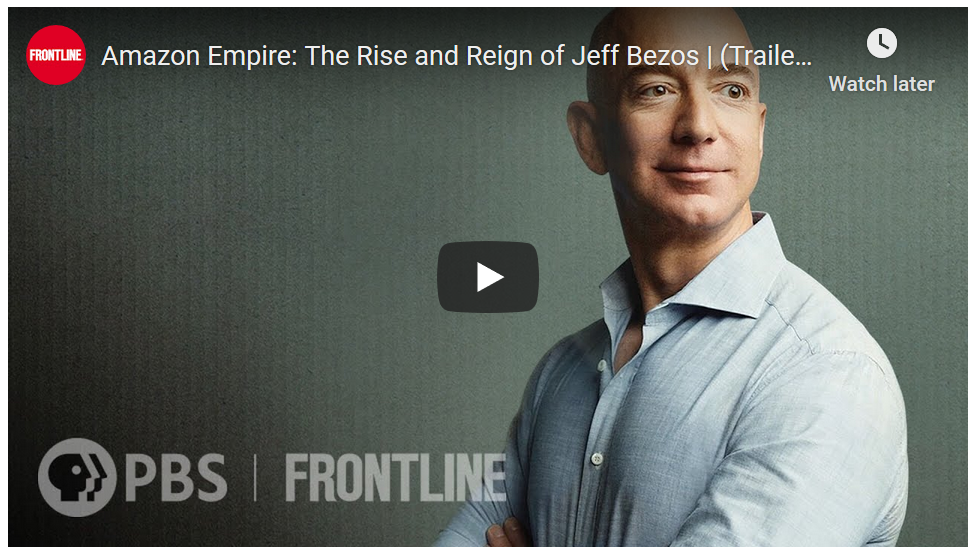 Tonight PBS Frontline airs the two-hour documentary Amazon Empire: The Rise and Reign of Jeff Bezos. As the show puts it: "Jeff Bezos is not only one of the richest men in the world, he has built a business empire that is without precedent in the history of American capitalism. His power to shape everything from the future of work to the future of commerce to the future of technology is unrivaled. As politicians and regulators around the world start to consider the global impact of Amazon--and how to rein in Bezos' power--Frontline investigates how he executed a plan to build one of the most influential economic and cultural forces in the world."
Tonight PBS Frontline airs the two-hour documentary Amazon Empire: The Rise and Reign of Jeff Bezos. As the show puts it: "Jeff Bezos is not only one of the richest men in the world, he has built a business empire that is without precedent in the history of American capitalism. His power to shape everything from the future of work to the future of commerce to the future of technology is unrivaled. As politicians and regulators around the world start to consider the global impact of Amazon--and how to rein in Bezos' power--Frontline investigates how he executed a plan to build one of the most influential economic and cultural forces in the world."
Strikingly, a review in the Washington Post, owned by Bezos, called the documentary "well-reported, rather alarming," adding that it "smartly and effectively builds toward a disturbing conclusion--that Amazon is in sore need of some corrective regulation from a government that seems, at best, indifferent to intervening and, at worst, submissively technocratic."
The Post noted that in talking with a range of former employees, "From the corporate level down to a handful of warehouse employees who gave up trying to outpace the algorithm that compelled them to work harder and faster, those who no longer work for Amazon offer plenty to worry about, anecdotally, when it comes to the company's zealous fixation on the customer and its tendency to work around legal or ethical obstacles.
"As with most symptoms of monopoly, sheer size is the issue. A mere announcement from the company can seismically disrupt whole business sectors.
Our favorite quote is from New York City Mayor Bill de Blasio, who made this comment after Amazon decided not to open part of its HQ2 in the city, when there were objections about wages, labor rights and grants and tax breaks. "In what world are there no critics?" he said. "Well, yeah, in an autocratic, totalitarian world maybe they're not allowed--and maybe that's the world Jeff Bezos, somewhere in his mind, thinks he is entitled to."
One Post criticism: "What Amazon Empire lacks (besides an interview with and direct responses from Bezos himself) is a wider reflection on the consumer's complicity in all this. Are we really so tech-besotted that anything goes? No one forced us to hand over all our personal data and install Amazon's listening devices or surveillance cameras in our homes--we just did, because we, too, want the future to be cool. We rationalize our immediate need for its delivered products against environmental impact or any other effect, be it physical or psychological."
While Bezos hasn't commented on Amazon Empire, in his tradition of making a big distracting announcement as criticism of Amazon has grown, he said yesterday that through the newly created Bezos Earth Fund, he will give $10 billion in grants to scientists, activists and nongovernmental organizations to fight climate change--an issue that a vocal group of Amazon employees has wanted Amazon and Bezos to do more about.
---
And today at 11 a.m., WBUR's On Point airs "Indie Bookstores, Once on the Verge of Disappearing, Are Making a Comeback." The show features Ryan Raffaelli, assistant professor of business administration at Harvard Business School, who has been studying indie bookstores and gave a keynote at Winter Institute last month, and Jamie Fiocco, president of the American Booksellers Association and owner and general manager of Flyleaf Books, Chapel Hill, N.C.
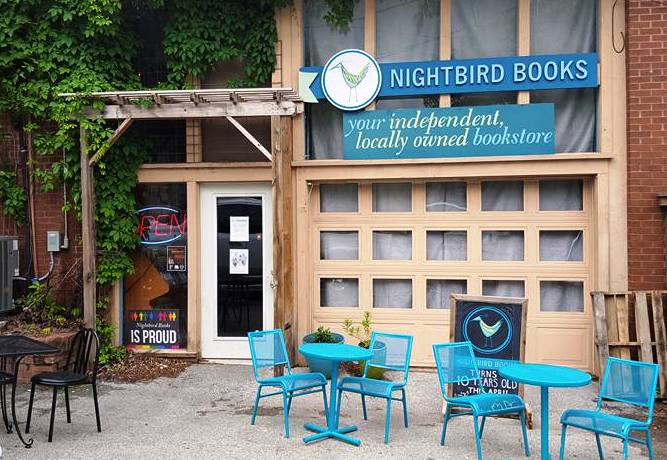 Nightbird Books, Fayetteville, Ark., which opened in 2006, is closing on February 29, the store announced on Facebook. On its last day, 1-4 p.m., Nightbird will host "a chance for a final goodbye to our customers and former booksellers."
Nightbird Books, Fayetteville, Ark., which opened in 2006, is closing on February 29, the store announced on Facebook. On its last day, 1-4 p.m., Nightbird will host "a chance for a final goodbye to our customers and former booksellers."




IPC.0204.S3.INDIEPRESSMONTHCONTEST.gif)



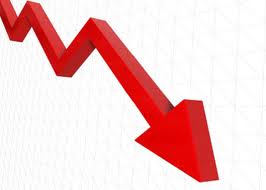 In December, bookstore sales fell 7.6%, to $1.174 billion, according to preliminary estimates from the Census Bureau. For the full year, bookstore sales fell 5.7%, to $9.999 billion.
In December, bookstore sales fell 7.6%, to $1.174 billion, according to preliminary estimates from the Census Bureau. For the full year, bookstore sales fell 5.7%, to $9.999 billion.

 The lineup for BookExpo's Children's Book & Author Breakfast, scheduled for Friday, May 29, has been announced. Author Judy Blume will host the breakfast, where she'll moderate the discussion and celebrate the 50th anniversary of Are You There God? It's Me, Margaret with a look at how the novel influenced her own life and those of generations of young readers.
The lineup for BookExpo's Children's Book & Author Breakfast, scheduled for Friday, May 29, has been announced. Author Judy Blume will host the breakfast, where she'll moderate the discussion and celebrate the 50th anniversary of Are You There God? It's Me, Margaret with a look at how the novel influenced her own life and those of generations of young readers.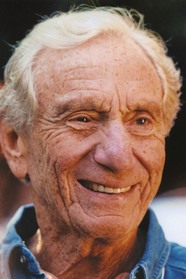

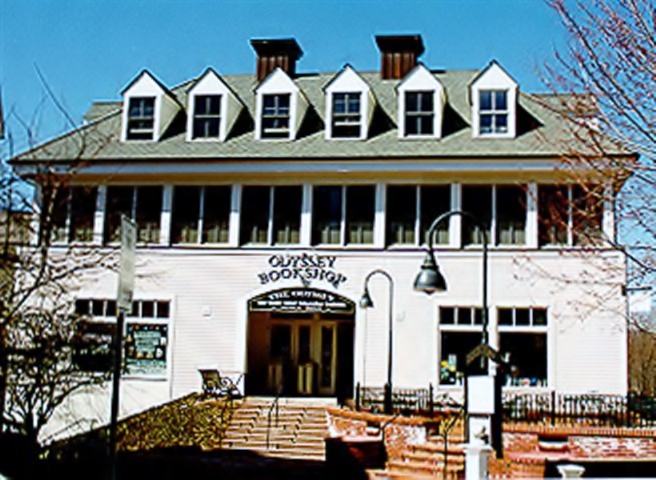 From the big-box stores of the late 1990s to the rise of Amazon in the 2000s,
From the big-box stores of the late 1990s to the rise of Amazon in the 2000s, 
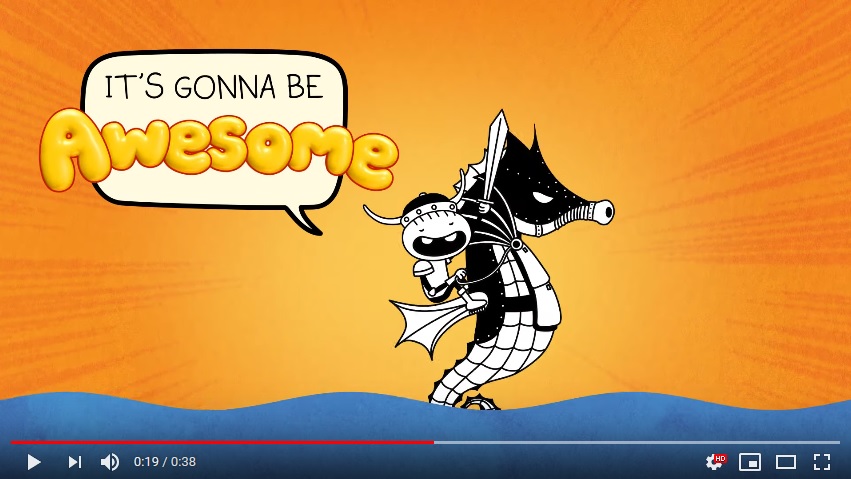 Rowley Jefferson's Awesome Friendly Adventure
Rowley Jefferson's Awesome Friendly Adventure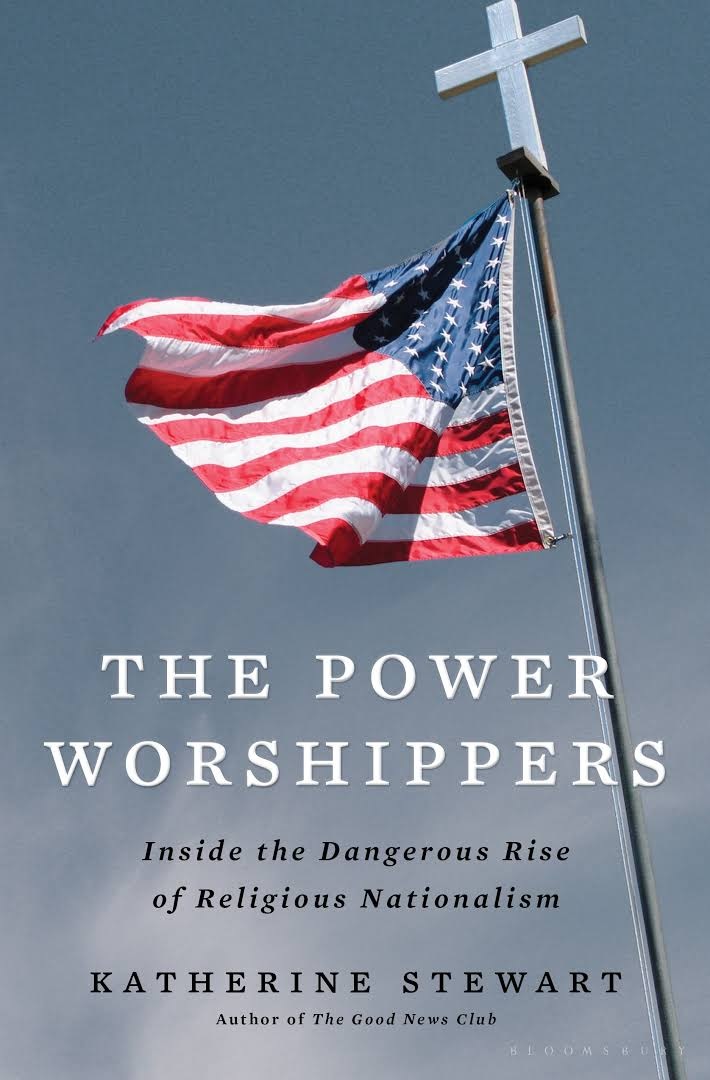 In December 2019, the venerable evangelical publication Christianity Today caused a furor with an editorial denouncing the "grossly immoral character" of President Donald Trump and calling for his removal from office. The break was noteworthy because of the critical, if not decisive, support evangelical Christians provided Trump in the 2016 election.
In December 2019, the venerable evangelical publication Christianity Today caused a furor with an editorial denouncing the "grossly immoral character" of President Donald Trump and calling for his removal from office. The break was noteworthy because of the critical, if not decisive, support evangelical Christians provided Trump in the 2016 election.